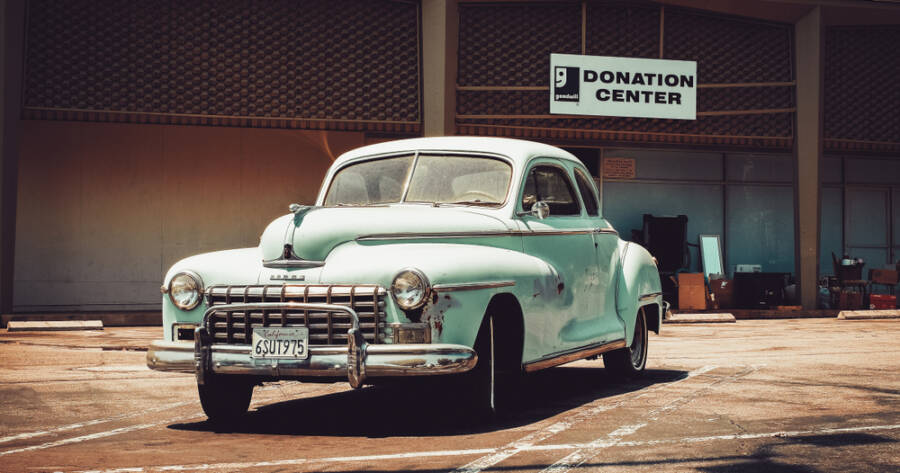Classic cars are more than just vehicles; they are cultural icons that embody the spirit of their times. These timeless automobiles capture the imagination of enthusiasts and collectors alike, representing history, craftsmanship, and style. Exploring the cultural significance of classic cars reveals their enduring appeal and how they continue to influence modern design and automotive culture.
Historical Context and Evolution
Classic cars provide a window into the past, reflecting societal changes and technological advancements. From the roaring twenties to the post-war boom, each era brought unique innovations and styles. The Ford Model T, for instance, revolutionized personal transportation with its affordability and pioneering assembly line production.
Historically, cars like the Cadillac V16 and Jaguar E-Type showcased luxury and performance, symbolizing economic prosperity and technological progress. These vehicles illustrate how design and engineering adapted to changing cultural and economic landscapes, offering insights into the history of mobility and consumer preferences.
Icons of Style and Design
The design of classic cars often evokes admiration and nostalgia, characterized by flowing lines, chrome accents, and elegant craftsmanship. These vehicles represent an era when cars were built with meticulous attention to detail, emphasizing both aesthetics and function.
The impact of classic car design extends beyond the automotive world, influencing fashion, architecture, and art. Films and advertisements often feature these vehicles to evoke a sense of nostalgia and glamour. The aesthetic appeal of classic cars continues to inspire modern designers, evident in the retro-chic trends seen in both fashion and car design today.
Cultural Symbols and Status
Classic cars have long been associated with status, individuality, and freedom. Their scarcity and historical significance contribute to their allure, often turning them into prized possessions. For many, owning a classic car symbolizes success, passion, and a deep appreciation for automotive history.
Car shows and classic car clubs offer enthusiasts a communal space to celebrate these vehicles, fostering connections and friendships. These gatherings provide an opportunity to admire craftsmanship, share stories, and preserve the legacy of automotive heritage. Through these connections, classic cars reinforce a sense of community and shared cultural passion.
Preservation and Restoration
The restoration and preservation of classic cars are key to maintaining their historical and cultural significance. Enthusiasts often invest significant time and resources to restore these cars to their original condition, preserving their beauty and functionality. Restoration efforts highlight the skills of both traditional craftsmanship and modern technology.
Museums and private collections play a crucial role in safeguarding classic cars for future generations. By exhibiting these vehicles, they provide educational experiences that celebrate innovation, design, and history. Restoration not only bridges the generational gap but also keeps the stories and significance of classic cars alive.
Economic Impact and Market Trends
The classic car market reflects dynamic trends influenced by rarity, provenance, and cultural significance. While some collectors seek specific models for personal attachment, others view classic cars as investment opportunities. Auction events often draw global attention, with rare models fetching impressive prices.
The economic impact of classic cars extends to industries such as restoration, parts manufacturing, and tourism. Events like car shows and concours d’elegance contribute to local economies, attracting visitors and promoting automotive heritage. The continued interest in classic cars signifies their cultural value and enduring appeal.
The Future of Classic Cars
As technology advances and environmental considerations shape the automotive landscape, the future of classic cars presents both challenges and opportunities. The growing emphasis on sustainability encourages innovation in restoring and preserving these vehicles, such as converting them to alternative power sources.
While these changes aim to preserve the essence of classic cars, they also raise questions about authenticity and heritage. Balancing tradition with innovation will be crucial to ensuring that the spirit of classic cars endures. As custodians of history, enthusiasts and collectors remain dedicated to celebrating these timeless treasures in a rapidly evolving world.
Learn More Today!
Classic cars hold a unique place in cultural history, embodying the spirit, style, and innovation of their times. Their enduring appeal lies in their timeless design, historical significance, and the communities they foster.
As we continue to explore the cultural impact of these vehicles, it becomes clear that their influence extends far beyond the automotive world, inspiring creativity and connecting generations. Through preservation and innovation, the legacy of classic cars continues to thrive, celebrating the artistry and heritage of automotive history.

